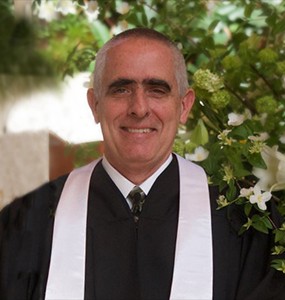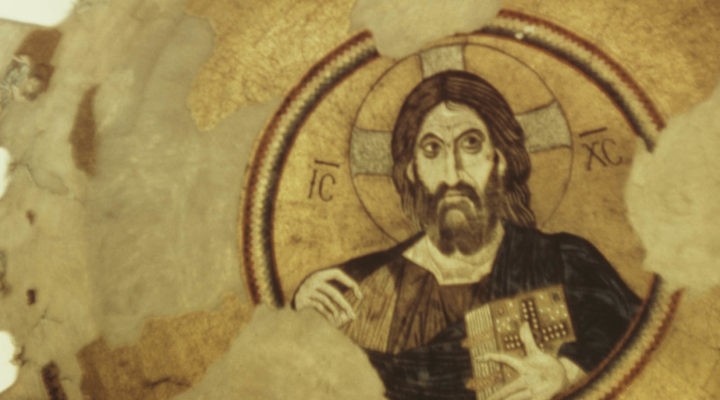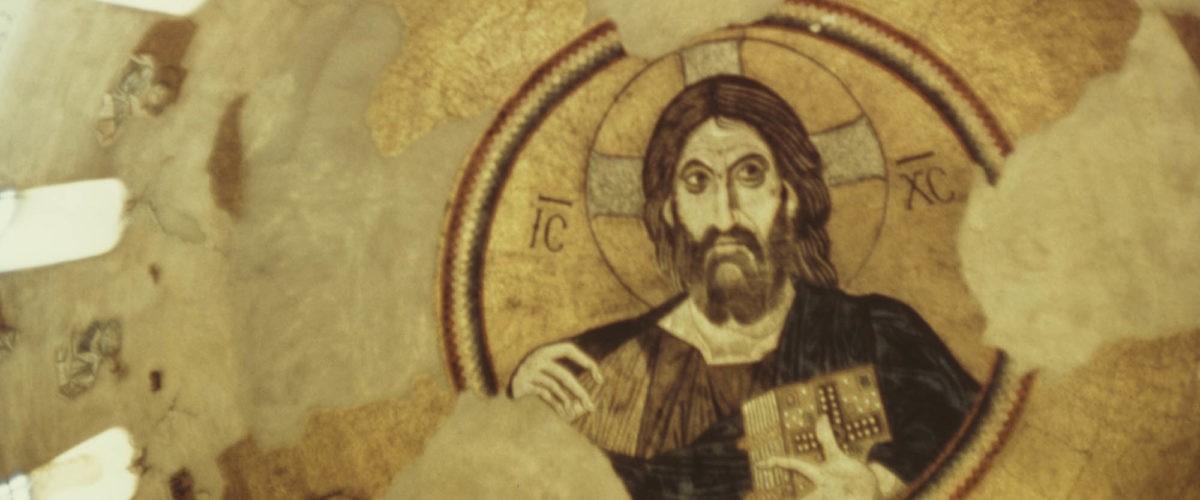Full access to health care for all people, so that financial incomes no longer determine health care outcomes. A path to citizenship for immigrants seeking safety and welcome. Racial justice. Dignity and equality for all without regard for sexuality or gender identity. Prison reform. Affordable housing. A ban on military weapons in civilian hands on civilian streets. Religious freedom for all people of all faiths.
All those concerns, gathered in a single paragraph, may sound in popular American culture like a litany of liberal longings, a parade of progressive passions, the kind of social justice concerns many dismissively deride as “wokism,” “virtue signaling” or “political correctness.”

Chuck Poole
But for those who have read the four Gospels, all those concerns may sound like something else. For those who have read the four Gospels so many times that they have the words and works of Jesus down in their bones and beyond, those concerns might sound like a list of what Jesus would be working for if Jesus was here.
The Jesus of the Gospels is reported to have said, in Matthew 7:12, that all religion and tradition can be summed up in a single simple sentence: “Treat all others as you wish to be treated.” And in case we missed it there, when Jesus was asked, in Matthew 22:34-40, to say what matters most, Jesus is reported to have said that above all else what matters most is that we love God with all that is in us and that we love our neighbor as we love ourselves. After which, in Matthew 25:31-46, Jesus is reported to have a told a story about Judgment Day in which the big questions will not be “What did we believe about Jesus?” but, “What did we do about people who were sick, in prison, strangers, hungry, thirsty and cold?”
All of which is why I always say the more conservative we become about the Jesus of the four Gospels, the more liberal we become about matters of social justice.
It isn’t wokism. It’s baptism.
We sit down with and stand up for whoever is most marginalized, ostracized, stigmatized, demonized, dehumanized, shunned, slighted, left out and alone, not because we have made an ideological decision to be liberal or a political decision to be progressive but because we have made a spiritual decision to follow Jesus. And, given what Jesus is reported to have said matters most, the more conservative we become about the Jesus of the Gospels, the more liberal we become about our responsibility to, and solidarity with, whoever is most on the hard margins of life.
“The more conservative we become about the Jesus of the four Gospels, the more liberal we become about matters of social justice.”
So, yes, we work for racial justice, food security, affordable housing, immigrant asylum, marriage equality and the full expansion of Medicaid for many reasons, including the fact that the Jesus in whose name and spirit we were baptized calls us, above all else, to let the love of God which has come down to us go out through us.
There will always be many things we do not know, but one thing we do know is that, above all else,we are called to live a life of clear, kind, active, practical love for all people.
In his powerful book And Also with You, Will Campbell recalls a January day in 1974 when Mississippi’s Episcopal leaders met at St. Andrew’s Cathedral in Jackson, Miss., to elect a new bishop. Among the pastors under consideration was Duncan Gray Jr., who had preached and lived with unwavering clarity and courage on the gospel side of the civil rights movement; a reputation which left many of Gray’s peers reluctant to vote for him to be bishop because they feared he might be too liberal.
Concerning which, Will Campbell observed that their fears were misplaced. Duncan Gray, Campbell wrote, was not too liberal for them; rather, he was too conservative. It was Duncan Gray’s devotion to conserving the spirit of Jesus that caused him to take such liberal positions on the most controversial issue of his time.
As it was then, so it is now. We live lives of specific, practical, human love — advocating for justice, dignity and equality for all people, because the Jesus we follow said that is, above all else, how we are to live in this world.
So, yes, the more conservative we become about the Jesus of the Gospels, the more liberal we become about matters of social justice.
It isn’t wokism. It’s that other ism. Baptism.
Chuck Poole retired in 2022 after 45 years of pastoral life, during which he served churches in Georgia; North Carolina; Washington, D.C.; and Jackson, Miss. He has served as a visiting preacher and teacher on the campuses of multiple universities, seminaries and divinity schools. He was the founding teacher of the Wood Street Bible Class in Jackson, which he led for 21 years. The author of nine books, numerous published articles, one gospel song and the lyrics to three hymns, Chuck has served as a “minister on the street” and as an advocate for interfaith conversation and welcome. He and his wife, Marcia, now live in Birmingham, where he serves on the staff of Together for Hope.


